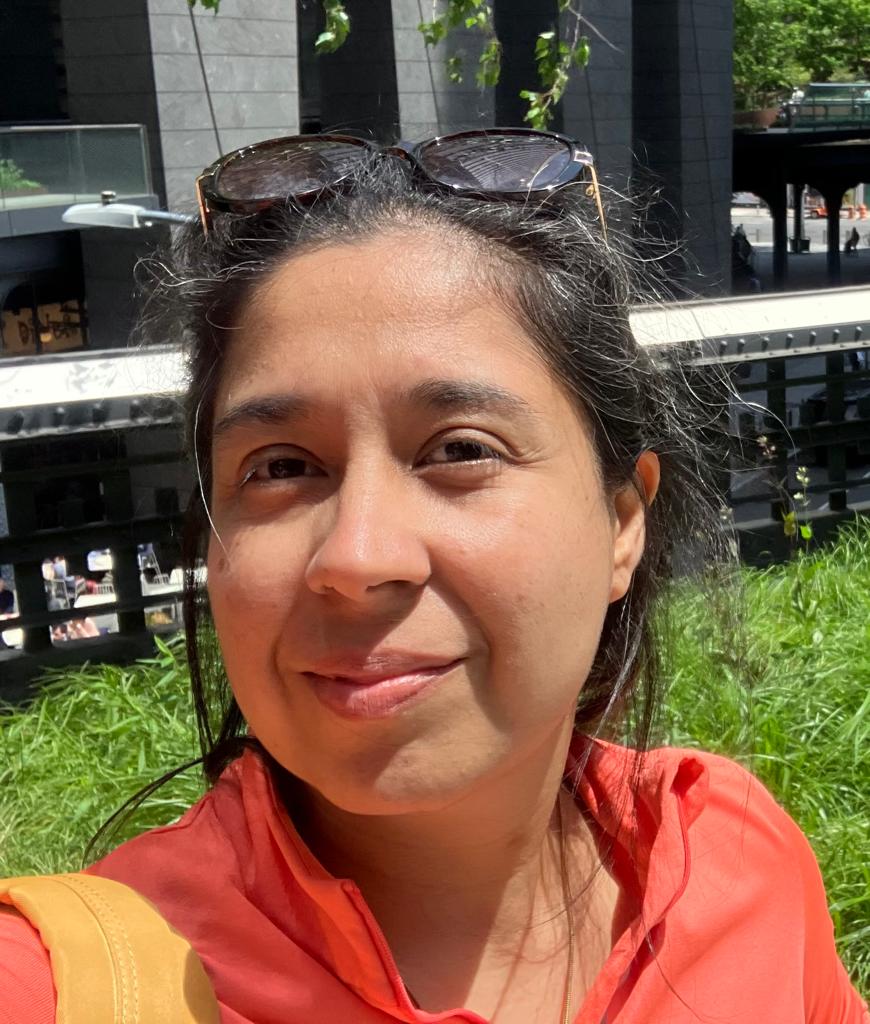People
Faculty
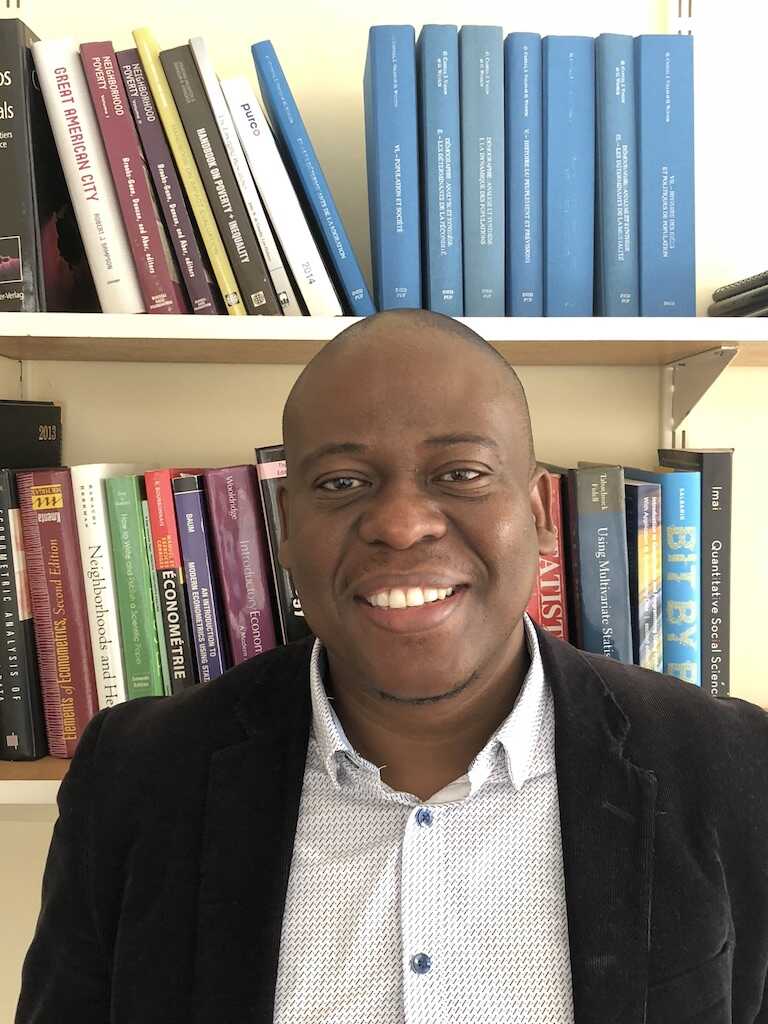
Vissého Adjiwanou
Vissého Adjiwanou is a professor of Demography and quantitative and computational methods in the Department of Sociology at the Université du Québec à Montréal (UQAM), and adjunct professor at the Department of Demography (Université de Montréal). He directs the Lab on quantitative and computational social science. He is also affiliated with the Centre on Population Dynamics (McGill University). He received an M.A in Statistics from the National School of Statistics and Applied Economics (ENSEA-Cote d’Ivoire), an M.A in Economics of Development at the Centre for Studies and Research on International Development (CERDI- France) and a PhD in Demography from the Université de Montréal (Canada). His research focusses on population issues in sub-Saharan Africa and in Canada, including fertility, family dynamics, gender inequality, reproductive health, and integration of immigrants from SSA in Canada.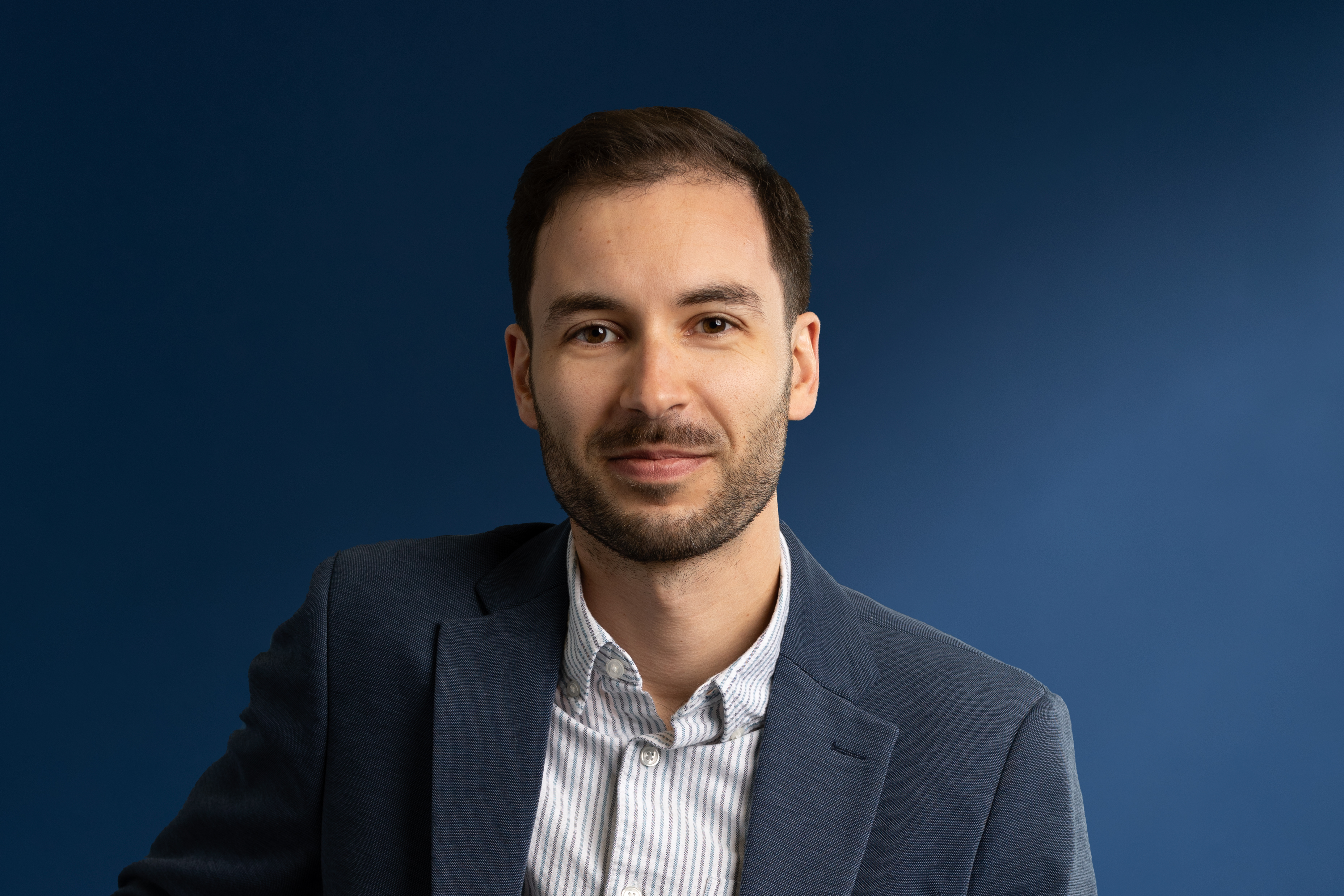
Xavier St-Denis
Xavier St-Denis est professeur adjoint en études des populations à l'Institut national de la recherche scientifique (INRS), Centre UCS. Ses recherches portent sur la mobilité sociale, les inégalités socioéconomiques, les trajectoires professionnelles et éducatives, l'économie politique comparée, les statistiques sociales et les méthodes quantitatives. Avant de joindre l'INRS, il a effectué un stage postdoctoral à l'Université de Toronto et a travaillé comme chercheur à Statistique CanadaSpeakers
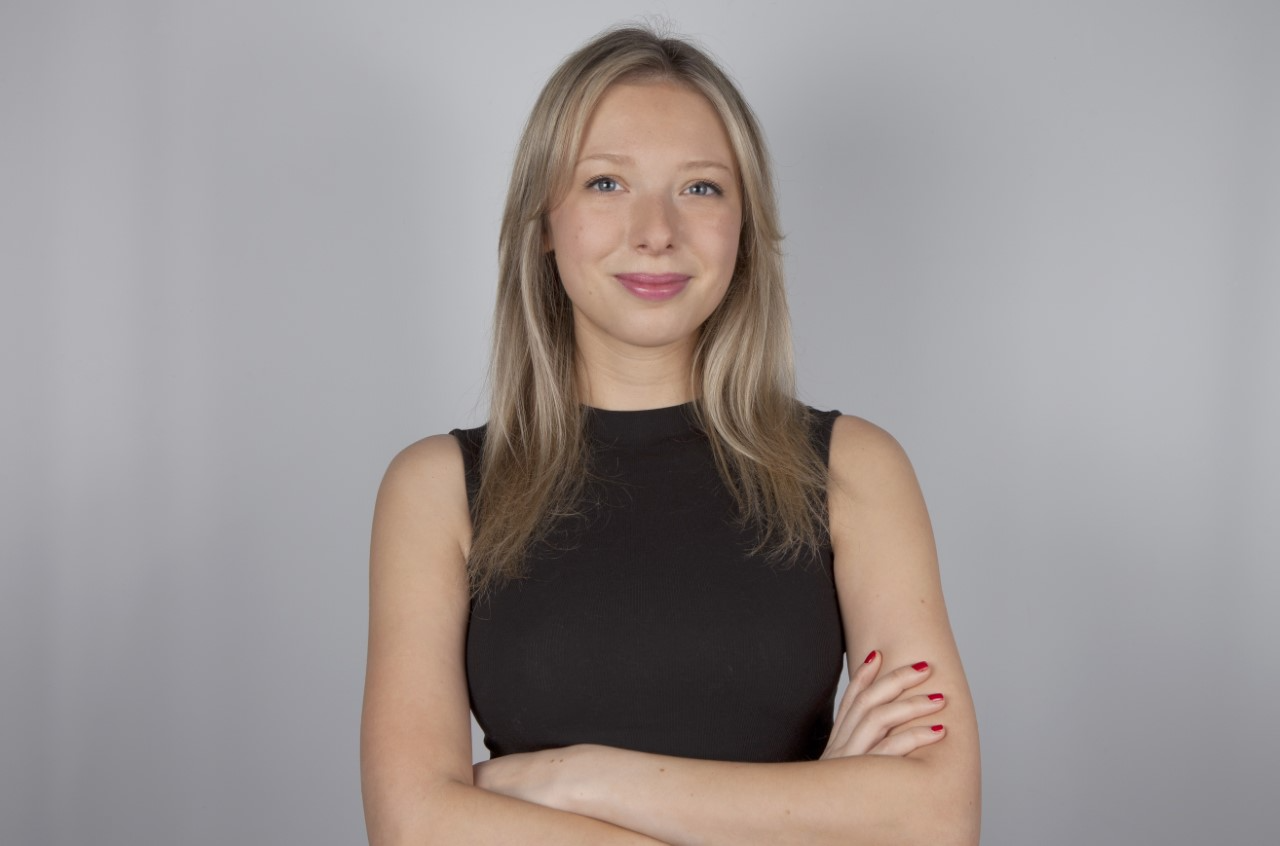
Evelyne Brie
Evelyne Brie est professeure adjointe en science politique à l Université Western. Elle détient un doctorat en science politique de l Université de Pennsylvanie. Ses recherches portent sur l opinion publique, le comportement électoral et l économie politique, principalement en Allemagne et au Canada. Elle est chercheure affiliée au CAPFC (Centre d analyse politique - Constitution Fédéralisme) et à la CLESSN (Chaire de leadership en enseignement des sciences sociales numériques). Elle a récemment publié l ouvrage « Un pays divisé : identité, fédéralisme et régionalisme au Canada » aux Presses de l Université Laval (à paraître aux Presses de l Université de Toronto). Elle a précédemment travaillé en tant qu analyste de données au City Lab Berlin et à Politics for Tomorrow.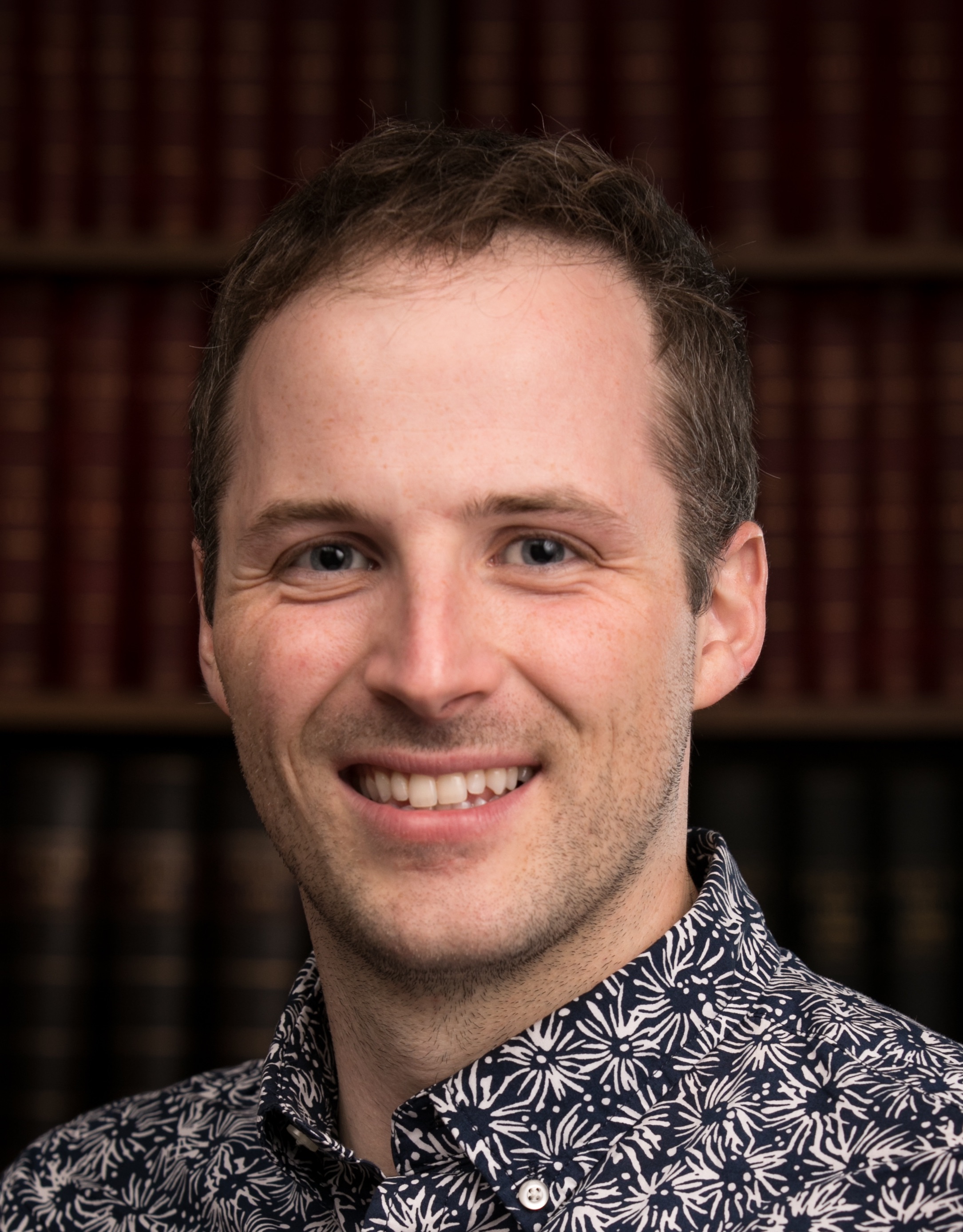
Alex Luscombe
Alex Luscombe is a data scientist working full time for several Canadian government institutions and a PhD Candidate in criminology at the University of Toronto. His dissertation research leverages advances in natural language processing, machine learning, and high-performance computing to conduct the first ever big data study of police criminal investigations in Canada. As a data scientist and strategic advisor, he has worked on projects for many different public and private sector agencies, from police agencies to human rights commissions, as well as international organizations like the OECD. His work has been profiled in national and international news outlets, including Nature, The Globe & Mail, The Toronto Star, The Washington Post, and BBC News.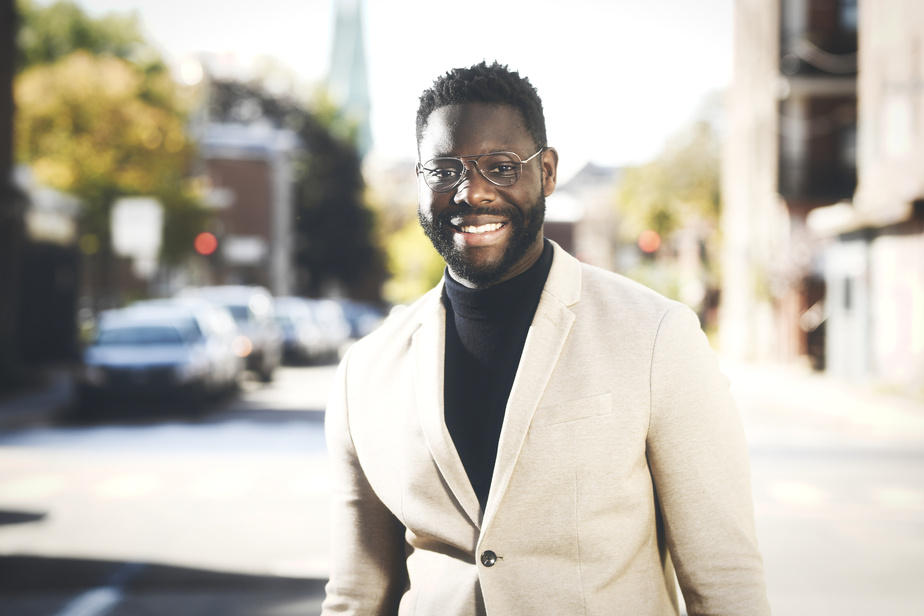
Hervé Mensanh
Hervé Mensah est un professionnel chevronné d’analytique de données. Il a obtenu un baccalauréat en mathématiques et en statistiques, puis une maîtrise en science des données en 2014. Hervé travaille actuellement chez Autodesk en tant que Senior Manager en Analytique dans l'équipe Genuine. Il a travaillé précédemment à la Banque Nationale en tant que scientifique de données sénior, chez Deloitte en tant que manager en analytique avancée dans le département de service financier et chez La Presse en tant que Directeur de l'intégration et de la science de données. Grâce à son expérience et sa passion dans les statistiques, apprentissage machine et science des données, Hervé continue d’aider les organisations à maximiser l'utilisation de leurs données.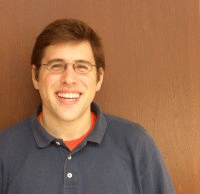
Matthew Salganik
Matthew Salganik is Professor of Sociology at Princeton University, and he serves as the Director of the Center for Information Technology Policy. He is also affiliated with several of Princeton's interdisciplinary research centers including the Office of Population Research and the Center for Statistics and Machine Learning. His research interests include social networks and computational social science. He is the author of Bit by Bit: Social Research in the Digital Age.Teaching Assistants
Participants
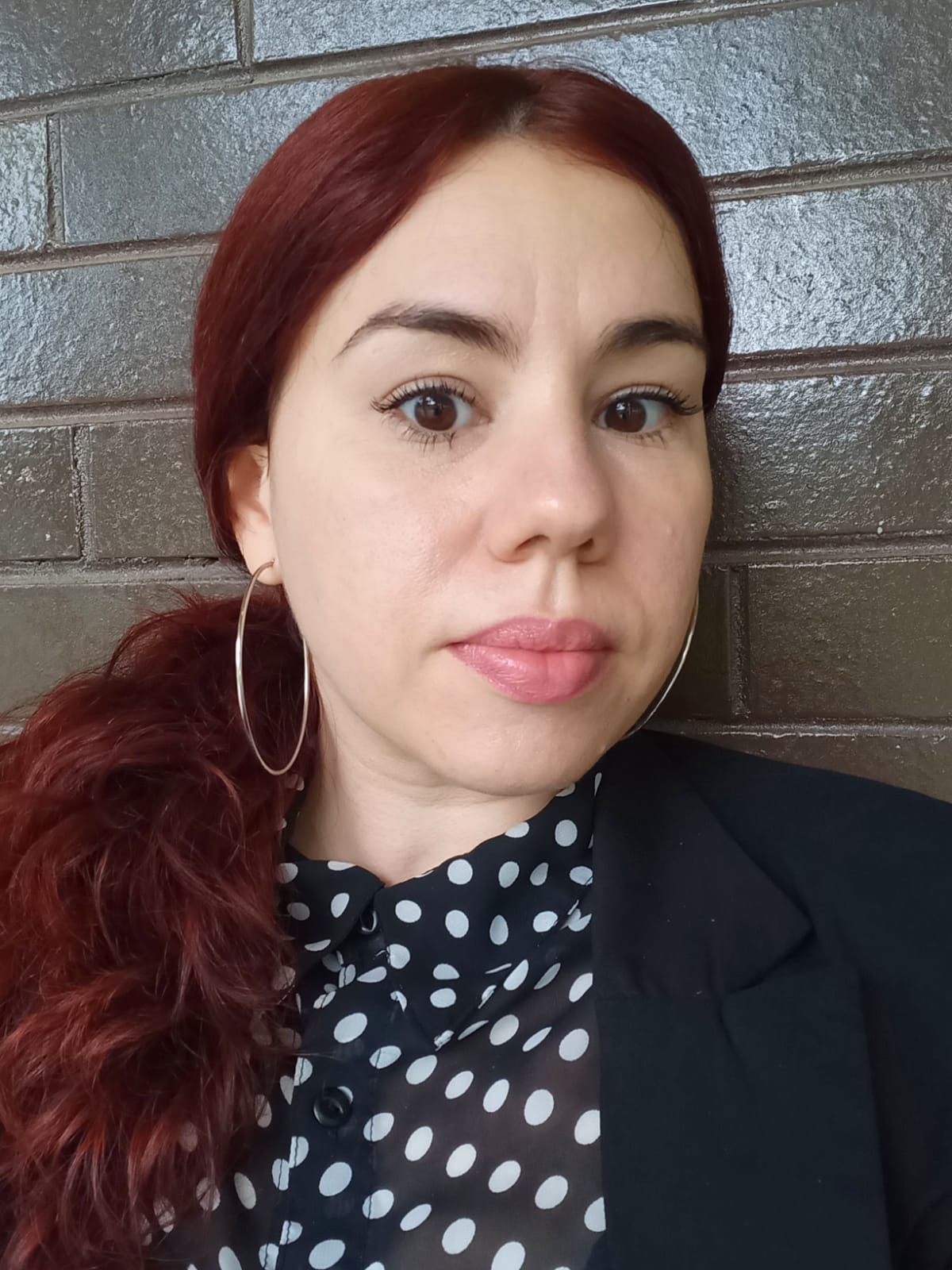
Isis Urgell
Isis Urgell is a PhD candidate at Monash University, Australia, in Philosophy of Science and Epistemology. She obtained a BA-MA in Philosophy with an orientation in Formal Logic from the University of Buenos Aires, Argentina. Her current research topic is the influence of political polarization on the evaluation of scientific content in social media. From a methodological point of view her research employs social network analysis and content analysis to understand large patterns of speech and online behaviour related to anti-science attitudes, misinformation spread and political polarization. She is also interested in how political and moral values shape science perception in social media environments. Other interests include corpus analysis and community detection methodologies.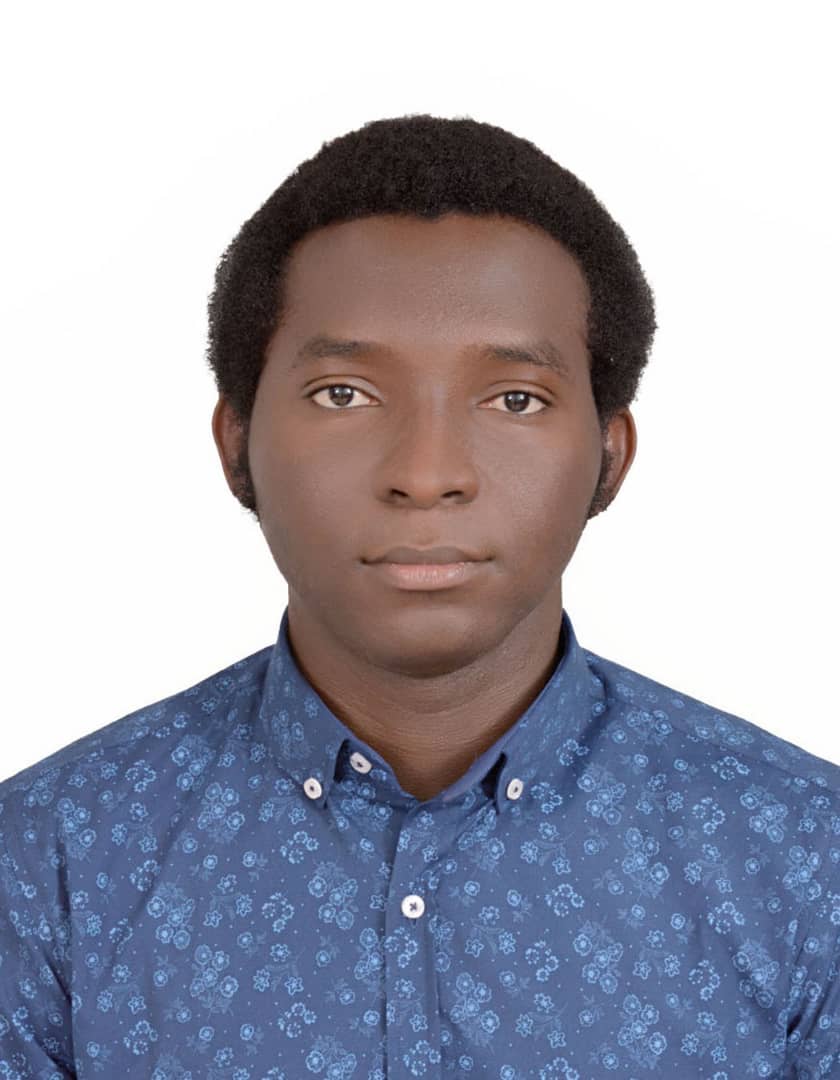
Mankponse Augustin
Mankponse Augustin Gnanguenon est un assistant de recherche au sein de l'institut des sciences de l'éducation. Statisticien et Data scientiste et chercheur associé à la boutique des sciences de Parakou, il s’intéresse à l’usage des statistiques et de l’intelligence artificielle pour répondre aux problématiques en science sociale. Il a contribué à divers projet internationaux dont le projet TranSco-AUF, Yanayi, Ben-Soha. Il a eu à coécrire plusieurs articles qui s’inscrivent dans divers domaines des sciences sociales, dont les sciences de l’éducation et les statistiques appliquées..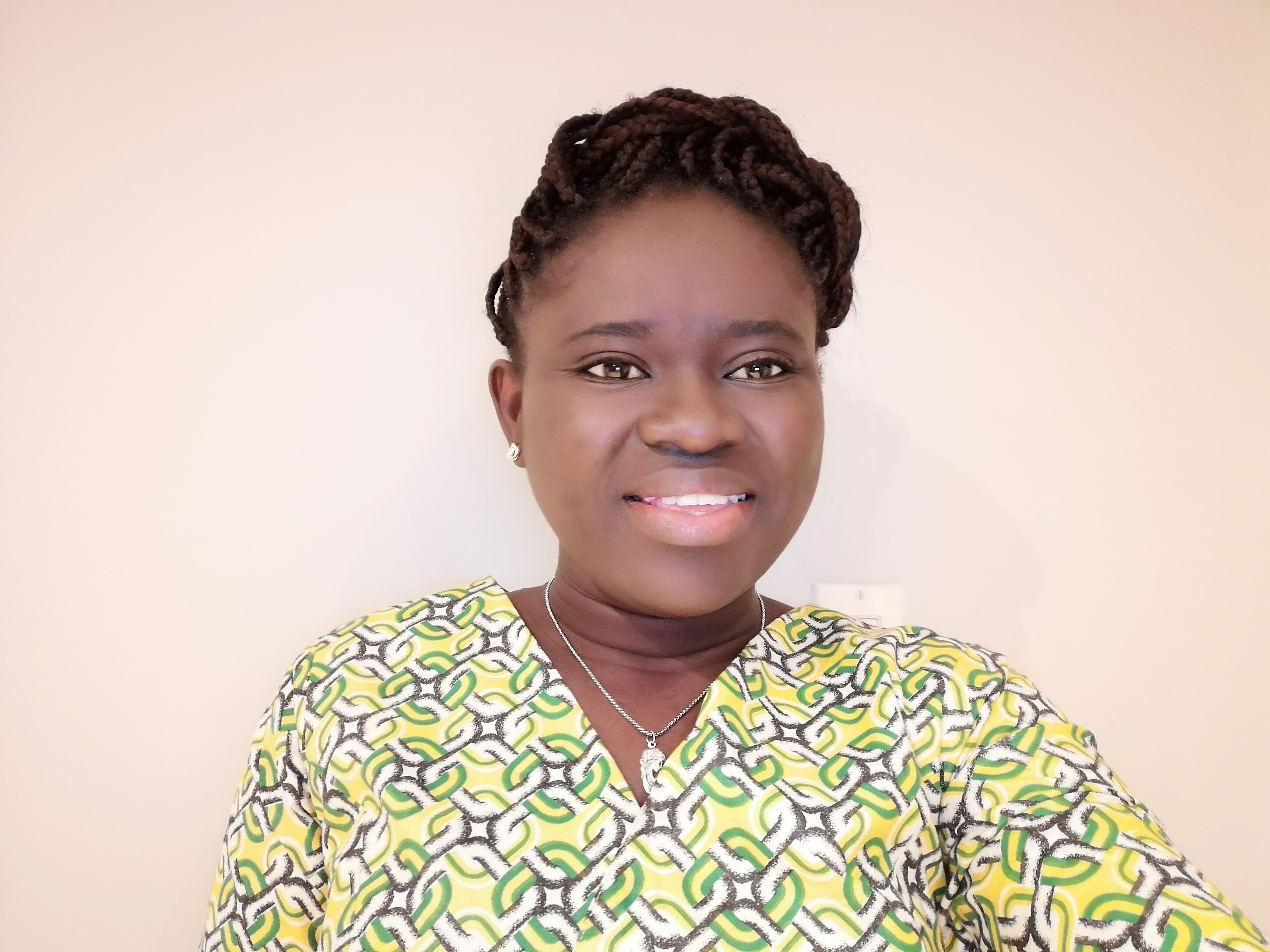
Kongo Amenan Rachel
Kongo Amenan Rachel est doctorante en Sociologie de l’éducation à l’Université du Québec à Montréal. Elle est affiliée au Centre Interuniversitaire de Recherche sur la Science et la Technologie (CIRST). Ses recherches portent sur les parcours scolaires des étudiant.e.s en période de crise en mobilisant des analyses quantitatives et qualitatives.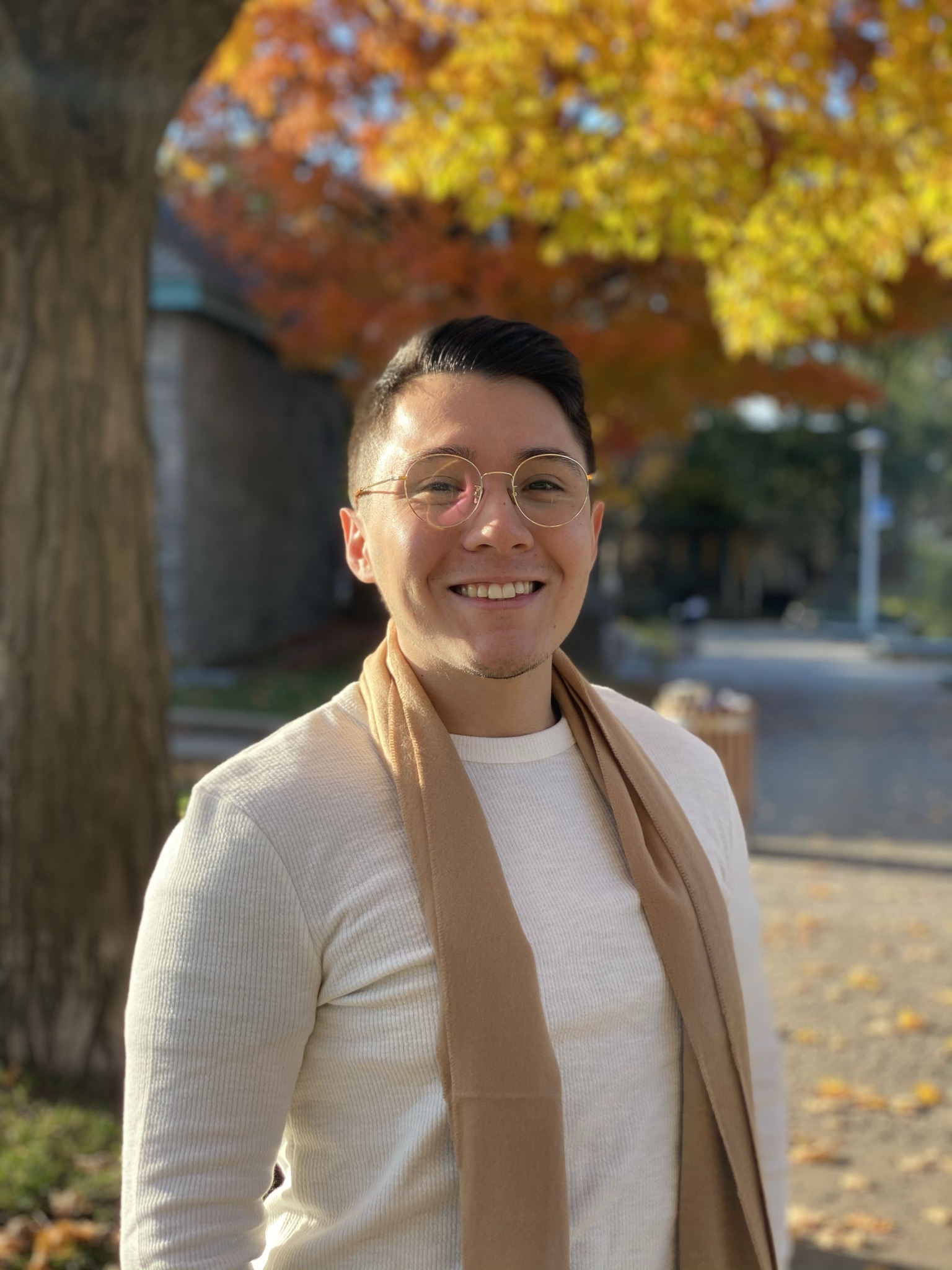
Carlos Castiblanco
Carlos Castiblanco is an Economics graduate student at Université de Montréal, nearing the completion of his master's program. Having acquired a BSc in Economics from the National University of Colombia, Carlos has a strong foundation in statistical analysis and econometrics, with a particular emphasis on data analysis. Since relocating to Canada in 2019, Carlos has gained substantial industry experience in trade analysis, as well as accounting and payroll processing. His practical experience complements his academic pursuits, as evidenced by his master's project, which seeks to quantify the impact of a Colombian government program on the education performance of rural communities. His professional and academic interests extend beyond traditional economic boundaries, covering policy and causality analysis to experimental economics.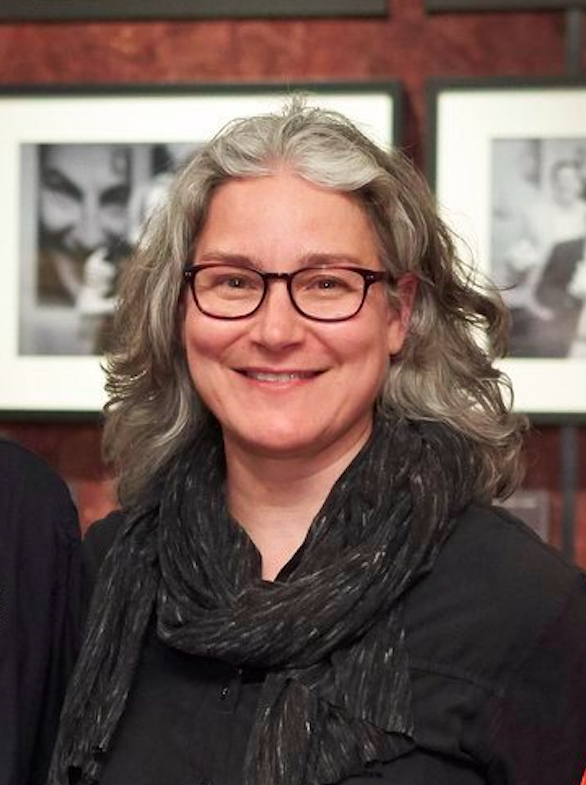
Julie Duford
Julie Duford est candidate au doctorat en Sexologie à l’Université du Québec à Montréal sous la supervision de Martin Blais, professeur au département de Sexologie et titulaire de la Chaire de recherche sur la diversité sexuelle et la pluralité des genres. Elle a une maîtrise en anthropologie médicale de l’Université de Montréal. Elle est aussi auxiliaire de recherche à l’Institut universitaire Jeunes en difficulté. Ses intérêts de recherche portent sur les jeunes LGBTQ2+ et les facteurs de risque et de protection dans les parcours d’itinérance.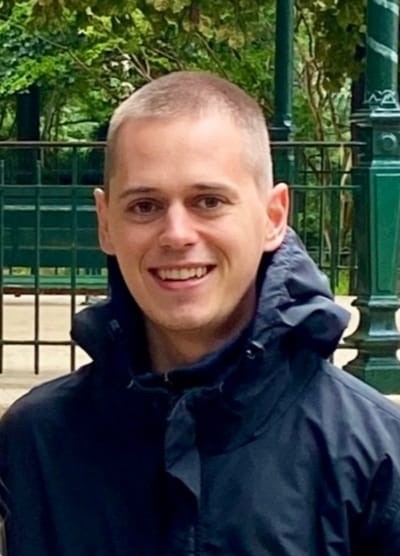
Leonard Castelli
Leonard Castelli is a graduate student in Sociology at Goethe University Frankfurt (Germany). He holds a Bachelor’s degree in Political Science from Goethe University Frankfurt and has spent part of his studies at Université de Liège (Belgium) and EHESS (Paris, France). His research mainly revolves around populism in Europe, more specifically the link between (right-wing) populism and so-called anti-genderism of political parties in Europe. Leonard employs quantitative methods of statistical analysis as well as quantitative text analysis. He is currently a student research assistant at the Faculty of Social Sciences at Goethe University Frankfurt.
Elnathan Tiokou
Elnathan Tiokou est étudiant en Doctorat a Polytechnique Montréal et chercheur en Intelligence Artificielle de pointe a MILA AI Institute. Il est dévoué et déterminé à changer la narration de l'Afrique et à contribuer à construire une Afrique meilleure avec des systèmes d'intelligence artificielle éthiques et responsables. Outre l'intelligence artificielle, il est le fondateur de la jeune entreprise technologique africaine CHRONEXIS. Dans ses temps libres, il crée du contenu sur les réseaux sociaux pour inspirer les gens avec ses histoires, ses expériences et ses réalisations. Sa mission est de faire croire aux jeunes qu'ils peuvent atteindre la grandeur dans leur vie et cela avec rien de moins qu'une faim profonde. Il est ouvert aux opportunités qui pourraient inclure : des partenariats, des bourses, des mentorats et bien d'autres.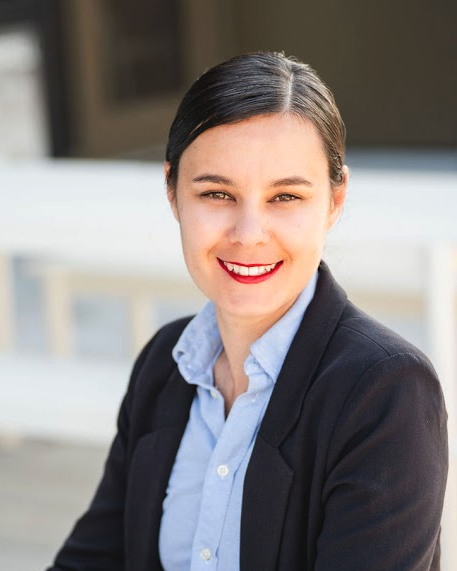
Shamsi Soltani
Shamsi Soltani (she/her) earned an MPH in Epidemiology at Tulane University and a BS in Neuroscience with French minor at UCLA. She is now a PhD student in Epidemiology at Stanford University studying suicide prevention. She draws on deep applied public health experience, including over six years as a senior epidemiologist for the San Francisco Department of Public Health. She excels at leveraging data to inform education, research, and policy– once spurring the CDC to adopt ICD-10-CM medical codes to identify e-scooter related injury. Shamsi is interested in the interplay of technology, bias, and health disparity, particularly with respect to big data. Born and raised in San Francisco, Shamsi is a child of immigrants. She is fond of hiking year round, reading reams of fiction, and sweating through rhythm & motion dance classes. She is currently training for a 545 mile (877 km) bike ride from San Francisco to Los Angeles. Shamsi delights in food shared with friends and has yet to meet a hot spring she doesn't like.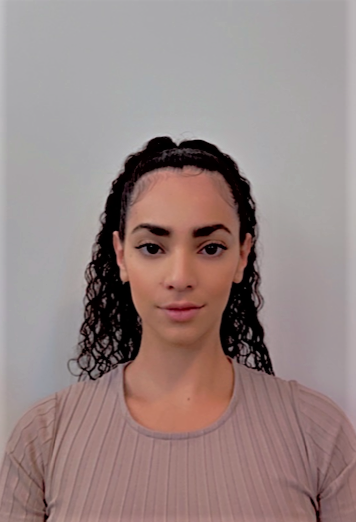
Firdaous Sbaï
Firdaous Sbaï is a PhD student in sociology at the University of Toronto. She completed her MA in sociology at McGill University. Her work is broadly concerned with state and public responses to social problems. One line of projects examines disparities in criminalization and incarceration. Another strand of research is centered on social movement framing and organizing, and seeks to understand how different mobilizing strategies resonate across different contexts. Her work generally focuses on racial inequalities and forms of violence.